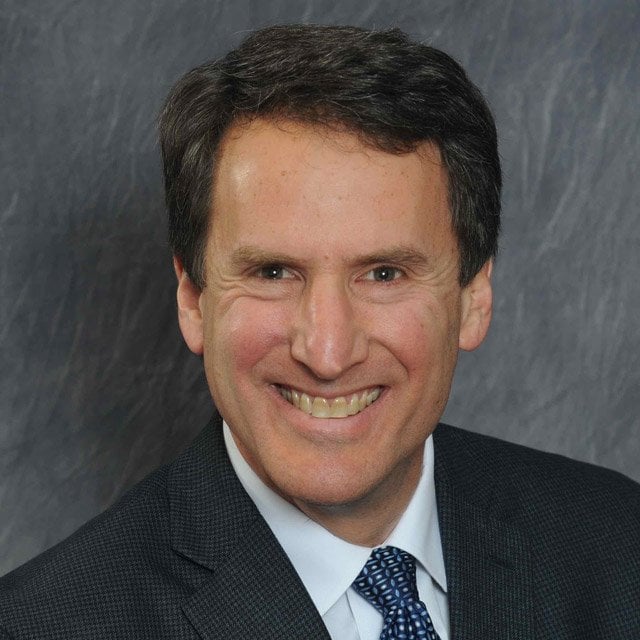Who Is Opening Donor-Advised Funds Today?

Generosity Made Easy
The main advantages of DAFs continue to be their ease of use, ability to accept donations of both liquid and illiquid assets, and greater tax benefits than private foundations. Most charities today recognize that they receive larger donations from DAF donors than from other donors who donate cash or publicly traded stock. This is because the donors already received a tax deduction when they donated to the DAF and thus have a large pool of assets that can only be granted to charitable organizations.
DAF donors responded quickly with generous grants during the pandemic, Ukraine war and various natural disasters in addition to ongoing support for the charities and causes that are typically most important to them. Private foundations provide support as well, but while foundations have seven times the assets of DAFs, they’re only granting twice the level of DAFs.
Some interesting recent specific examples of donors who have established DAFs include:
Business partners who were selling their business. Each established personal DAFs so they could donate the company stock before the sale was completed.
Parents created and funded separate DAFs for their adult children since they had already gifted enough to them.
A private foundation created separate DAFs for the children since the family could not agree on certain grants.
Donors who have closed down their foundations and created DAFs instead, mainly to get out from the administrative burden, reduce legal and tax costs, simplify their giving, be able to give anonymously and receive greater tax benefits from giving to the DAF.
Individuals established DAFs to be funded from retirement assets at their deaths.
A DAF was created as part of a divorce settlement so one spouse could receive a tax deduction for funding a DAF for the former spouse
More broadly, many clients who continue to establish DAF accounts and contribute to those already created include those who are:
Generous in their support of nonprofit organizations.
Selling their businesses or have recently sold.
Looking to donate real estate, limited partnerships and LLCs, restricted stock or cryptocurrency.
Seeking to avoid paying capital gains taxes and receive the largest possible tax deduction.
Frustrated in having to keep track of receipts from charities they support and instead just want one receipt from donation to DAF sponsor.
Tired of the complexity of operating a private foundation and looking for a simpler and less expensive alternative.
Opening a DAF to complement their foundation to give outside of their foundation’s mission, give anonymously or receive better tax benefits.
Feeling fortunate to have substantial wealth.
Childless, or whose heirs have enough already.
Funding a DAF while working so they can get a larger tax deduction than if they were to donate during retirement.
Becoming more philanthropic after witnessing the impact of the pandemic, natural disasters, war and other catastrophes.
Creating a company DAF to give back to their community and to engage employees.
Interested in involving their families and instilling charitable values in them.
Divorced or widowed and now in control of more assets.
Concerned about privacy and looking to make anonymous donations.
DAFs continue to be the preferred charitable vehicle of most advisors and clients. Though assets may not be appreciating as quickly as they were a few years ago, clients are still determined to support their favorite causes and charities, and together with their advisors, look for the assets that are most tax-efficient to donate. By creating and contributing to their DAF accounts, they are able to continue their generous giving for many years after they have stopped working.
Ken Nopar is the vice president and senior philanthropic advisor for the American Endowment Foundation (AEF), the country’s leading independent donor-advised fund since 1993 with more than $6 billion in assets. AEF works with donors and their wealth, legal and tax advisors in all 50 states.






